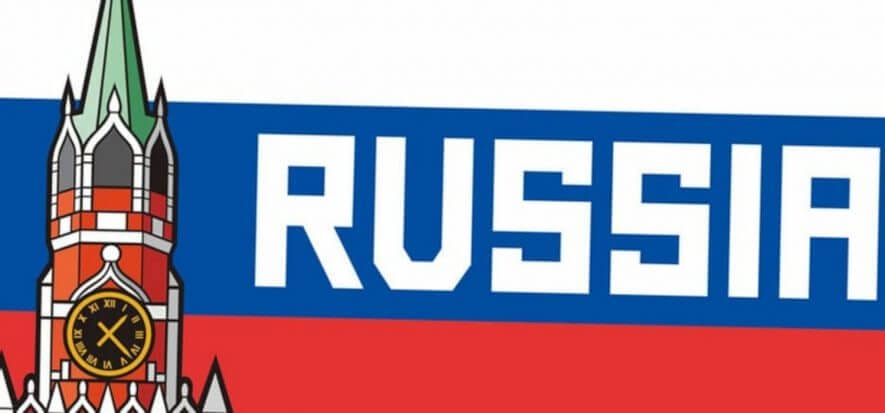Counterfeiting is left unchecked in Russia, and Iran could be an example to look at. The introduction of measures to reduce illegal imports, including the anti-fake label, has proved itself to be a boomerang. Why? Honest manufacturers and retailers are slowly disappearing, crushed by counterfeiting and unchecked imports, with local authorities unresponsive. That’s the opinion of Andrey Pavlov, president of Zenden Group (one of the largest producers and distributors of footwear in Russia) and new candidate for Duma. Mr. Pavlov made his speech during the press conference “War on counterfeiting. How to save the market from illegal goods”, organized by the National News Service.
Anti-fake label
RSKO (Russian Union of Tanners and Shoemakers) has estimated that the “shadow” market within the footwear segment in Russia accounted for 36.5% of the total number of pairs sold (201 million pairs). According to Pavlov, the tools implemented by the State to fight the counterfeiting issue, contraband plague and general illegality (such as the mandatory anti-fake label on imported shoes) didn’t have the hoped effects. On the contrary, they penalized local manufacturers. “Tens of thousands of honest entrepreneurs, even more so the smaller ones, have left the market because the labeling activity is complicated. And all of them have been substituted by a huge web of counterfeited products”, said Pavlov, according to Russian agency Riamoda.
Impacts on the marketplace
“Footwear import has grown – points out Pavlov – but production has decreased”. The manager also accused the Russian system of not working properly, citing some complicit activity by customs authorities as well as controlling agencies, as they “turn a blind eye” on illegal retail points. In the same conference was cited the growth of e-commerce channels and the lack of regulation regarding the packages that favor illegal conduct. Konstantin Bandorin, the Development Director of the Innovative Research and Production Center of the Textile Industry, cited Iran as an example: “Last year, production of leather goods and textiles doubled. During the pandemic, Iran structurally closed its borders to counterfeited goods”.
Read also:










